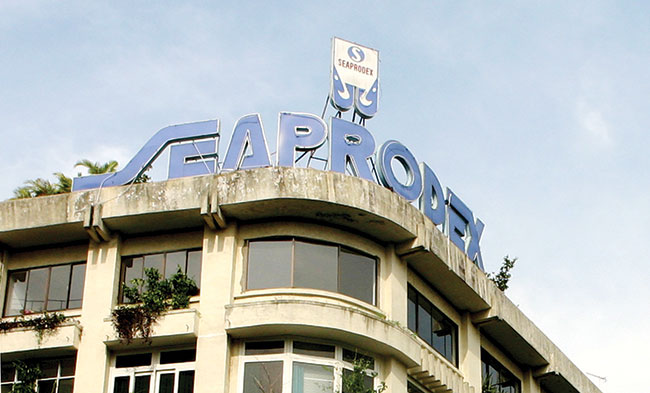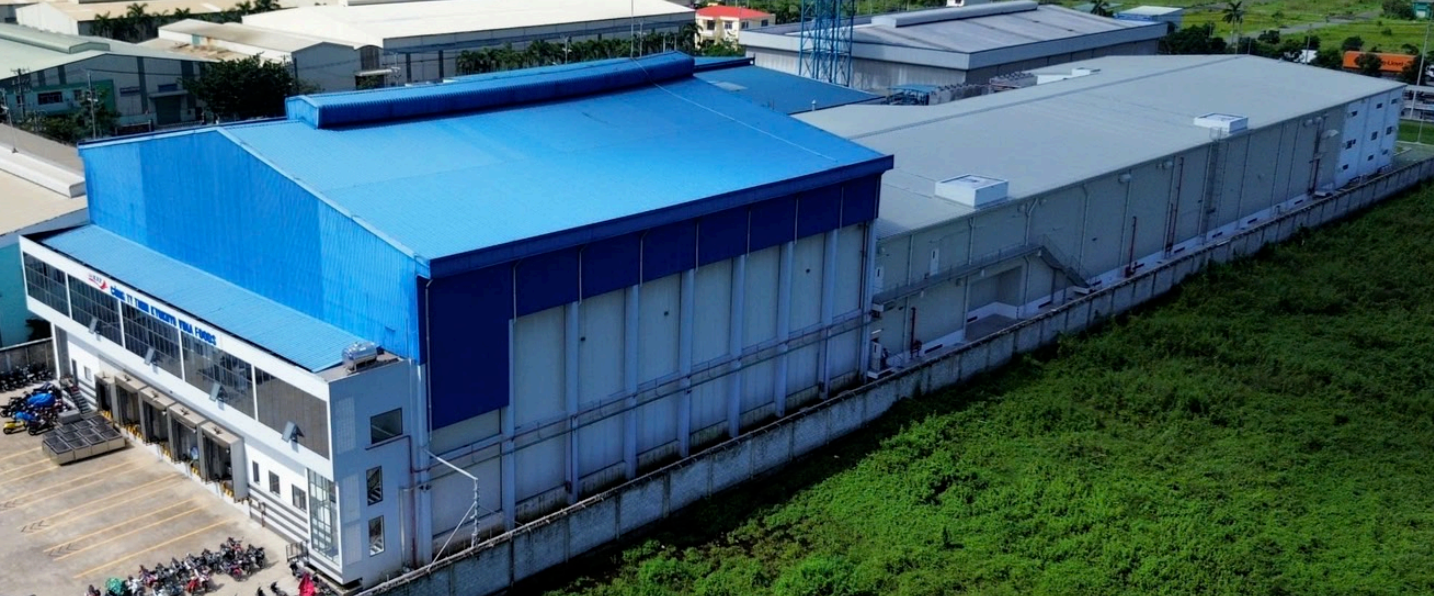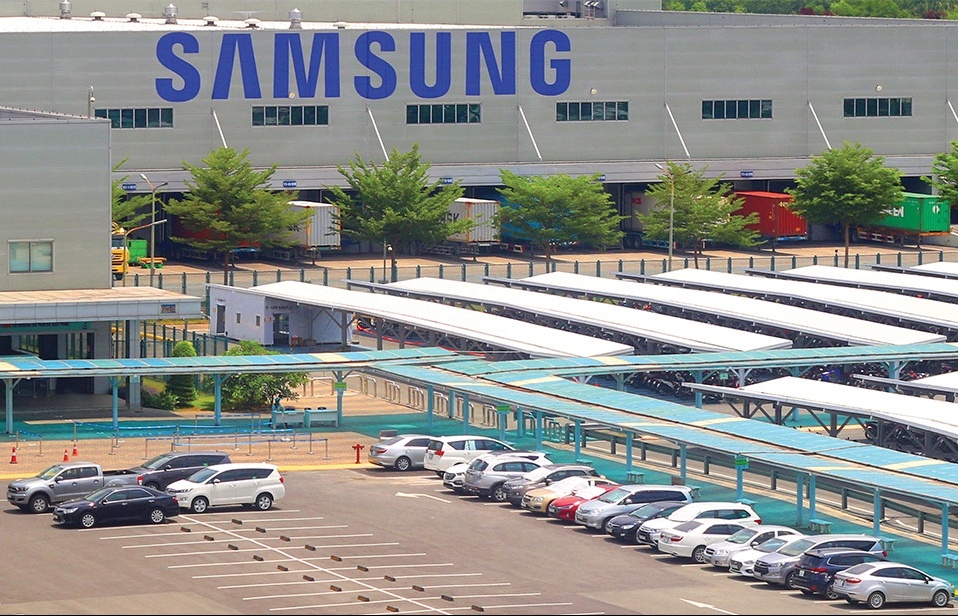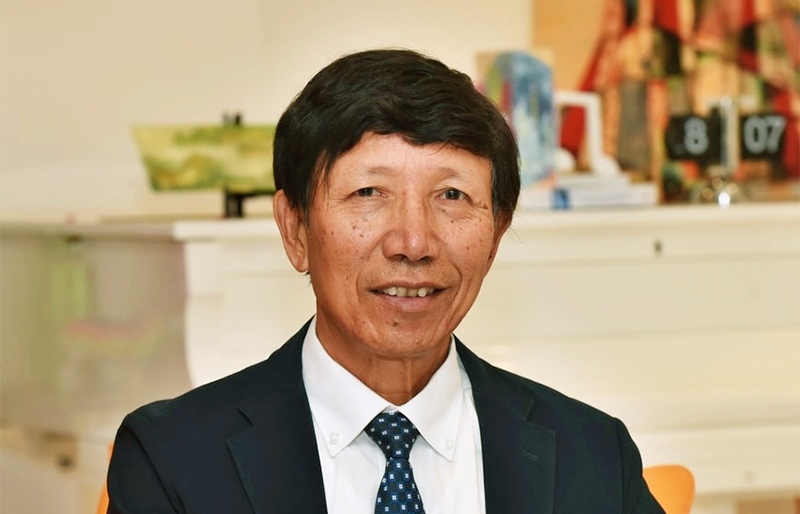SOEs drag feet on the road to equitisation

Foreign business associations criticised Vietnam’s equitisation process during last week’s VBF
At last week’s Vietnam Business Forum (VBF), Shimon Tokuyama, chairman of the Japan Business Association in Vietnam (JBAV), said that many Japanese investors wanted to become strategic investors of Vietnamese state-owned enterprises (SOEs). However, he stressed that the government should seriously consider “relaxing the restrictions on the ratio of equity financing in SOEs, and listed and publicly-traded companies.”
Echoing this view, Tomaso Andreatta, vice chairman of the European Chamber of Commerce in Vietnam, said in the equitisation of Vietnamese SOEs, the number of shares offered to private investors was often too small (only 5 to 20 per cent) to effectively attract private strategic investment.
“Foreign investors are usually only interested in buying shares in SOEs if they can obtain decision-making power in the enterprise. Instead, the state tends to retain the power to appoint all or a majority of the board members, and SOEs continue to enjoy preferential treatment when compared to private enterprises. Furthermore, equitisation often means shares are bought by employees of the SOE. For these reasons, the interest shown by the foreign private sector has been rather low,” Andreatta said.
Sherry Boger, chairwoman of the American Chamber of Commerce in Vietnam, urged the government to accelerate the pace of SOE equitisation to make room for investment by foreign enterprises.
“We are concerned that equitisation has been very slow and in some cases is in name only. It is hard to see how the sale of only a minority share changes the governance, the reliance on the state, or the power of the partially-equitised SOE to still crowd out private sector development,” Boger said.
Andreatta agreed with Boger’s view, and said that despite several rounds of SOE reform in Vietnam, “the actual reform has been very gradual and the Vietnamese government has seemed reluctant to reform strategic SOEs. Whereas smaller, loss-making SOEs have been merged or liquidated, so far the state has been eager to retain control over major SOEs,” he observed.
There are around 800 SOEs in which the state holds 100 per cent of capital. SOEs are responsible for about 35 per cent of Vietnam’s gross domestic product and 30 per cent of the state’s revenue in 2013.
SOEs are monopolising certain economic sectors such as fertilizers (99 per cent), coal (97 per cent), electricity (76 per cent), telecommunications (90 per cent), finance (56 per cent), and rice production (70 per cent). Meanwhile, the total number of SOEs occupies only 1 per cent of Vietnam’s total number of enterprises.
Included in the government’s plan to equitise 432 SOEs between 2014 and 2015, 22 more would have to be disbanded, and 25 will have to be merged. However, so far only 143 SOEs have been equitised.
Participants at the VBF said equitisation and the corporate governance reform of SOEs could only be effective if there was a clear vision from the government and a true commitment to realise such a reform.
What the stars mean:
★ Poor ★ ★ Promising ★★★ Good ★★★★ Very good ★★★★★ Exceptional
Latest News
More News
- Danang makes push for free trade zone (November 11, 2024 | 15:01)
- Danang pinpoints areas to unleash economic potential (November 11, 2024 | 14:53)
- Ca Mau builds up service-oriented administration (November 11, 2024 | 14:29)
- Digital transformation the driving force for Quang Nam (November 11, 2024 | 13:00)
- Tien Giang emerging as strategic investment hub (November 11, 2024 | 11:00)
- Vietnam welcomes more semiconductor enterprises (November 11, 2024 | 10:41)
- Quality must come first in chip mission (November 11, 2024 | 10:33)
- Developers pinpoint energy dealmaking (November 11, 2024 | 08:00)
- German businesses explore investments in Dong Nai (November 08, 2024 | 18:02)
- Vietnam poised to become hub in global semiconductor supply chain (November 07, 2024 | 16:00)


















 Mobile Version
Mobile Version